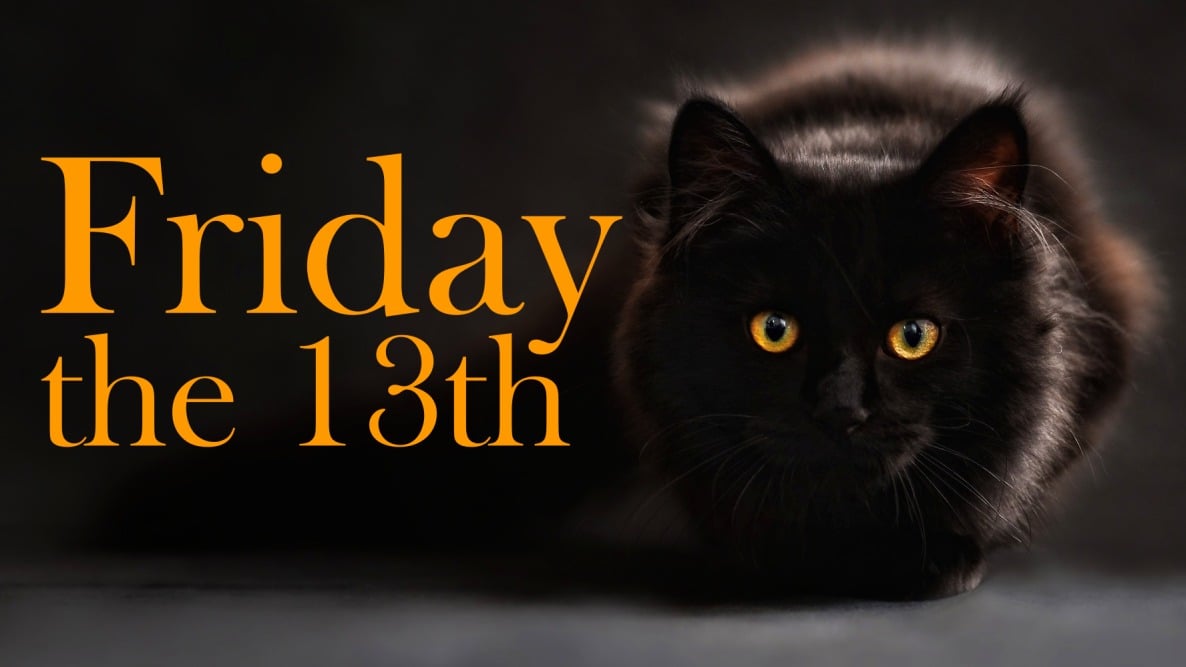

Friday the 13th is a day that is considered unlucky and is associated with various superstitions. The fear of Friday the 13th, known as friggatriskaidekaphobia and paraskevidekatriaphobia, has no evidence to support it. However, the superstition surrounding this day has deep historical roots. In Norse mythology, Loki, the trickster god, was excluded from a feast with 12 attendees, making him the 13th, and arranged for Balder to be killed. In Christianity, Judas Iscariot was the 13th guest at the Last Supper. These stories have contributed to the negative perception of the number 13.
The association between Friday the 13th and bad luck extends beyond numbers. The day is also linked to negative beliefs about black cats. Some people believe that black cats bring bad luck, and this superstition has persisted for centuries. Additionally, the name Friday itself has associations with the divine feminine. In Pagan times, Friday was associated with the goddess Frigg, who represented motherhood, pleasure, magic, and love. The name Friday is derived from the Old English 'day of Frigg'. These associations with femininity and the menstrual cycle have contributed to the negative perception of Friday the 13th.
Despite the superstitions and negative beliefs surrounding Friday the 13th, a study found that fewer traffic accidents, fires, and thefts occur on this day compared to other Fridays. This challenges the notion that Friday the 13th is inherently unlucky. However, the fear and superstition surrounding this day still have a significant impact. Businesses lose about $900 million on Friday the 13th as people avoid going to work, traveling, or making big purchases. The superstition also extends to social events, with many people avoiding inviting 13 guests to a party.
In addition to the superstitions, Friday the 13th has also been associated with sexism. The story of Adam and Eve has been used to justify the subordination of women, with feminist scholars citing St Paul's assertion that women should be subservient to men and Renaissance artworks portraying Eve as a temptress. Superstitions like witchcraft have also been used to reinforce patriarchal views. The association of Friday the 13th with the divine feminine and the negative portrayal of women in religious and cultural narratives contribute to the sexism surrounding this day.
It is important to recognize the historical and cultural context behind the superstitions and sexism associated with Friday the 13th. While some may dismiss these beliefs as mere superstition, they have had a lasting impact on society and continue to shape people's behavior and perceptions. [da4a8300] [43c08a68]